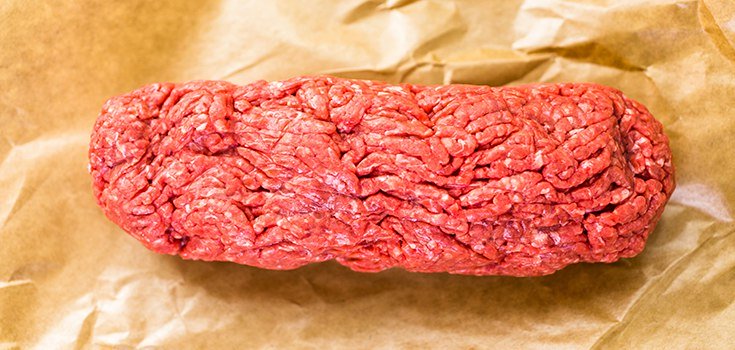Researchers Find Horse Meat and Other Undeclared Species in Meat Products

Most people don’t give much thought into what is in a package of meat, but 2 shocking new studies conducted by Chapman University researchers show that what the labels on meat products say and what consumers actually consume are sometimes very different things.
One study focused on identification of species found in ground meat products, while the other zeroed in on game meat species labeling. All of the products examined were sold on the U.S. commercial market. Researchers found examples of species mishandling in both studies.
For the study, researchers collected a total of 48 fresh and frozen ground meat products representing a variety of species and tested them using a combination of DNA barcoding and real-time polymerase chain reaction (PCR). The scientists had a hunch that the presence of different species of meat in the same manufacturing facility contributes to cross-contamination, leading to unintentional mislabeling. The studies proved their hypotheses to be true, and more: the scientists also found that lower-cost species were intentionally mixed in with higher-cost species for financial gain.
In the study on identification of species found in ground meat products:
- 10 out of 48 samples were found to be mislabeled
- 9 contained additional meat species
- 1 was mislabeled entirely
- Two of the samples tested positive for the presence of horse meat, which is illegal to sell in the U.S. [1]
- All ground beef products sampled were in fact ground beef.
“Although extensive meat species testing has been carried out in Europe in light of the 2013 horsemeat scandal, there has been limited research carried out on this topic in the United States,” said Rosalee Hellberg, Ph.D., assistant professor at Chapman University and co-author on both studies. “To our knowledge, the most recent U.S. meat survey was published in 1995.”
Meat products purchased from online specialty meat distributors were found to be more commonly mislabeled than products purchased at grocery stores. Thirty-five percent of these products were mislabeled and included products such as black bear and yak burgers.
Read: Burger King Admitted Burgers Contained Horse Meat
The second study, which focused on game meat species labeling, used a sample of 54 game meat products collected from online retail sources in the U.S., with 22 different types of game meat represented based on the product label. These samples were also tested using DNA barcoding.
The researchers found that 10 of the products were potentially mislabeled.
- Two products labeled as bison and one labeled as yak were found to actually be domestic cattle
- Another product labeled as bear was identified as American beaver
- A fourth product, labeled as pheasant, was identified as helmeted guineafowl
Five products were identified as a near-threatened (bison) or threatened (lion) species were all determined to be correctly labeled and legally sold.
In the U.S., game meats bring an estimated $39 million into the economy. The FDA defines game meats as exotic meats, animals, and birds, which are not in the Meat and Poultry Act. Game meats produced in the U.S. are regulated by the U.S. Department of Agriculture, while game meats imported into the country are regulated by the FDA.

The last bullet point states: All ground beef products sampled were in fact ground beef.
They don’t say that the ground beef was mislabeled.
They originally did but corrected the article after repeated requests.
Ah, I see. Well, it’s good that they did correct it.